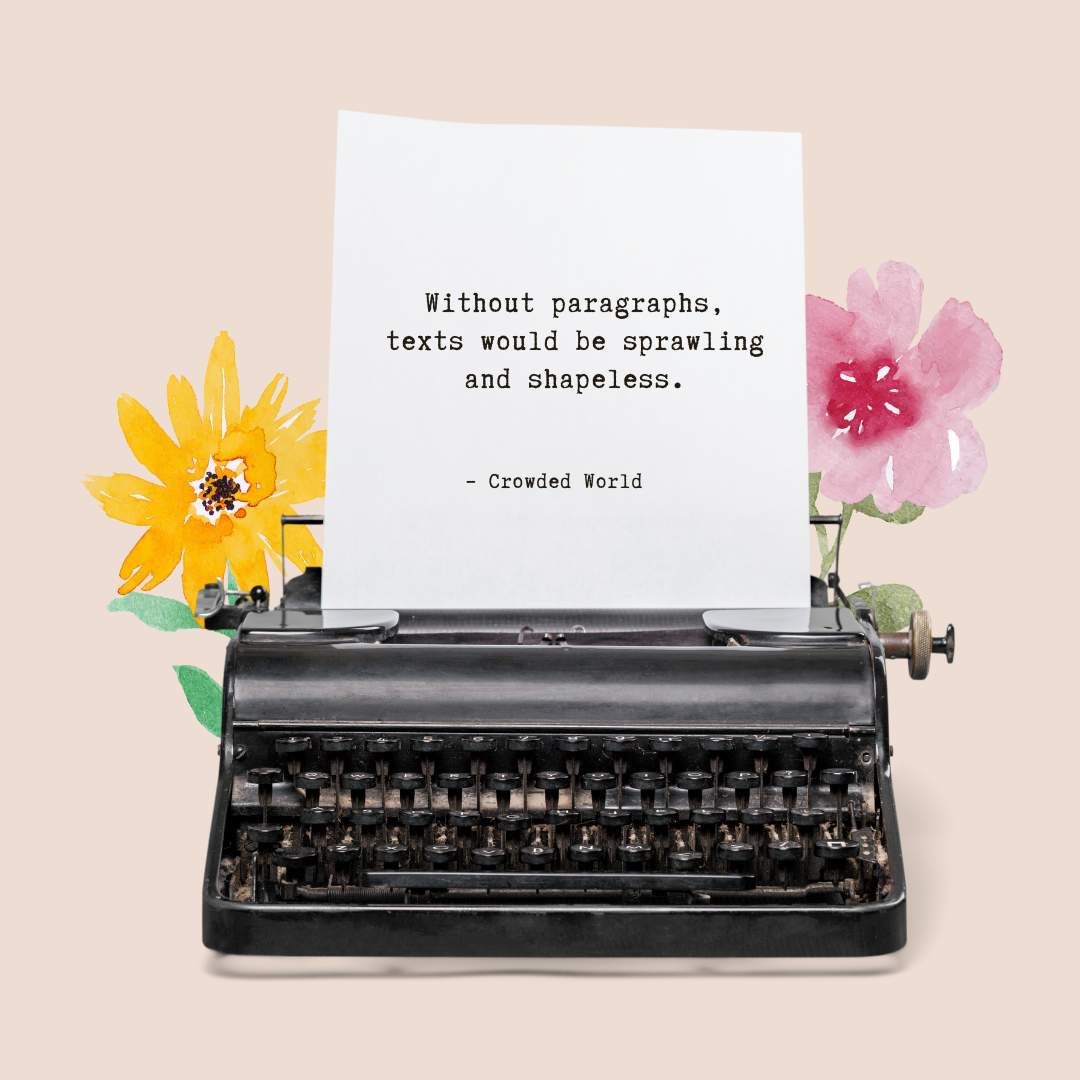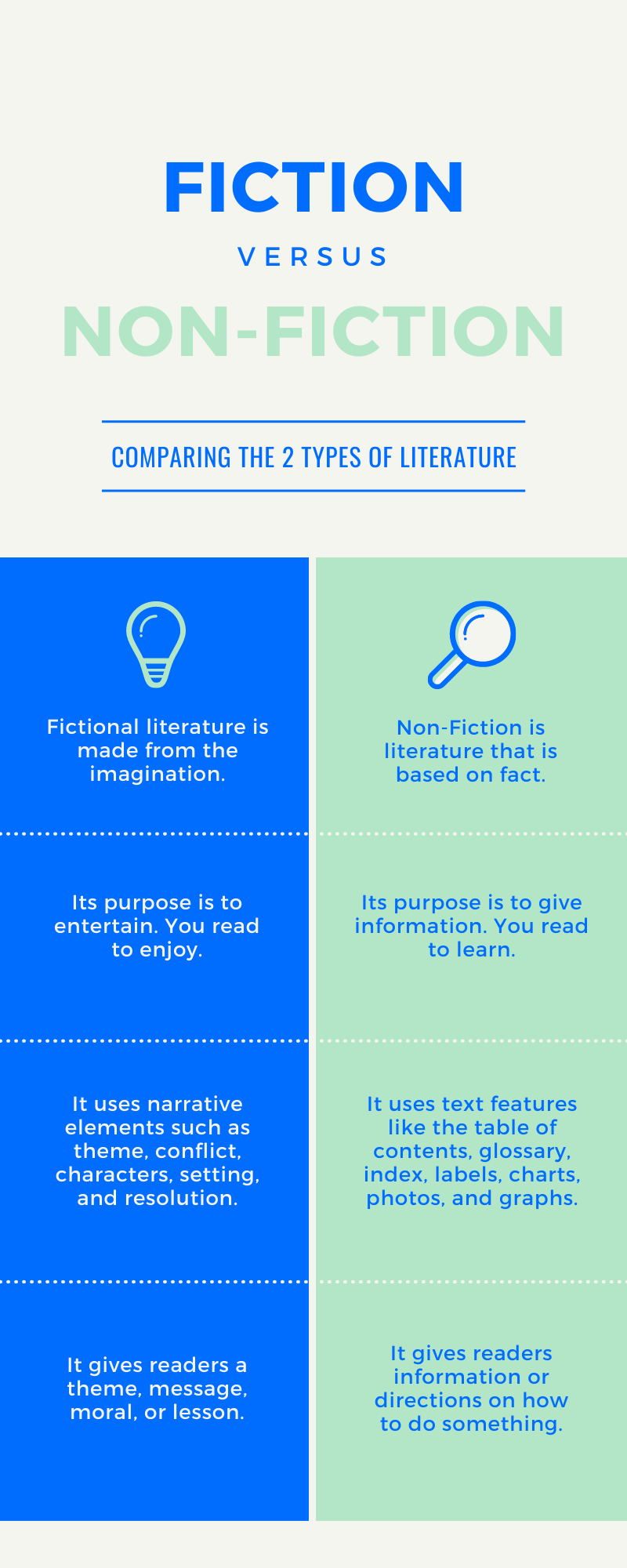
Writing in English
THERE ARE VARIOUS FORMS OF WRITING: for example, Creative Writing, IELTS Writing, News Writing, and Technical Writing.SENTENCES & PARAGRAPHS
BASIC SENTENCE structure is called syntax. In English, sentences usually follow a Subject / Verb / Object pattern. Often (but not always!) the subject is doer of the sentence, and the object has soemthing done to it. Remember that each sentence must start with a capital letter. Each sentence must also contain a complete thought.

Exercises
1. Make a basic sentence: Football Crazy.2. Rewrite sentences using a different grammatical format.
3. Write a story of 50 words: My School Library
4. A Person You Admire: Mahatama Gandhi.
EXPANDING INTO ESSAYS
IN AN ESSAY, every paragraph should have a topic sentence, supporting idea, and a conclusion. The topic sentence is the introduction of a paragraph. In an essay, it should be written in an argumentative style. Examples are a type of evidence.EXERCISES
1. Write three paragraphs: My Friend and I.Narrative Writing
NARRATIVES TELL stories and are written to entertain and share experiences with the reader. There are many forms of narrative writing including novels, poems, fairy tales and diaries. Whatever the form chosen (be it The Odyssey or Ulysses), the structure is the same, progressing through five specific stages: orientation, complication, compulsion versus obstacles, resolution, and coda, in that order.
Exercises
1. Reporting Verbs: Academic Skills Centre2. Make your own story: PBS Kids
3. Writing About Yourself: BrainPop See also Signal Words. RECOMMENDED WEBSITES & WEBLOGS
» Hemingway App
» Ludwig Guru
» Open AI
» Pen & the Pad
» Referencing
» Spelling City
» StoryBird
» Wordtips




No files in directory to display. Can't open random/copyright
No files in directory to display. Can't open random/donations
No files in directory to display.